My interest in this film comes not from a strong personal connection to the Israeli/Palestinian conflict. My admittedly pedestrian understanding of this is most certainly incomplete. My curiosity was piqued over the last few months as I saw previews for this film at the local art cinema in Dayton, OH and heard / read interviews / reviews most of which seemed to show the film in a favorable light.
I found the film and these men to be credible. It wasn't an over the top emotional plea for this or that path forward, but rather a pretty "eyes wide open" on what's worked and what hasn't from the Israeli perspective regarding Palestine. The men struck me as unquestionably loyal to the State of Israel and its people. They candidly admitted mistakes from their units as well as both conservative governmental and religious elements in their country. It struck a chord with me as we hear many on the far right politically and in religious circles advocating what some feel are extremist, hawkish positions with regard to foreign policy.
What seems clear to me after watching this movie is that they all share a profound concern for the future of Israel and the safety of its citizens. They advocate talking to the Palestinians, Hamas, Iran, radical Islamists, etc. in an effort to stop the seemingly endless cycle of violence. As one said in the final line of the movie, "...we win every battle, but lose the war."
While the film has been critically acclaimed, there are those who feel otherwise, including Moshe Yaalon, Israel's Vice Prime Minister who said the film, was edited to "serve the Palestinian narrative." And, "What was presented there was presented in a really one-sided manner, and therefore the film is slanted,” Yaalon, a member of Netanyahu’s Likud party and a former military chief, told Israel’s Army Radio. Prime Minister Benjamin Netanyahu has said he has not seen the film yet and according to the New York Times, has no plans to.
With supporters and detractors alike commenting on the film, as an outsider, I'm still not sure what the solution(s) are for that region. They are probably not simple. Both people deserves basic human rights, which of course means a right to live in peace and not be attacked. How the settlements question get settled, who knows? Even the learned men from the Shin Bet don't seem to have the answers. It does seem that they collectively believe Israel would be better served by redoubling efforts to communicate with the various elements involved.
It strikes me as odd and probably not wise that Mr. Netanyahu has no interest in hearing what these men have to say. He may not appreciate the form director Moreh took or the fact that these former intelligence professionals agreed to participate in the film, but their voices have probably earned the right to be, at the very least, heard.
I'm not sure that this film provides any complete answers to the issue, but if you have even a passing interest in understanding that situation, its worth the price of admission. If you have more than a passing interest, then I would heartily encourage you to go see the film and make your own mind up.





